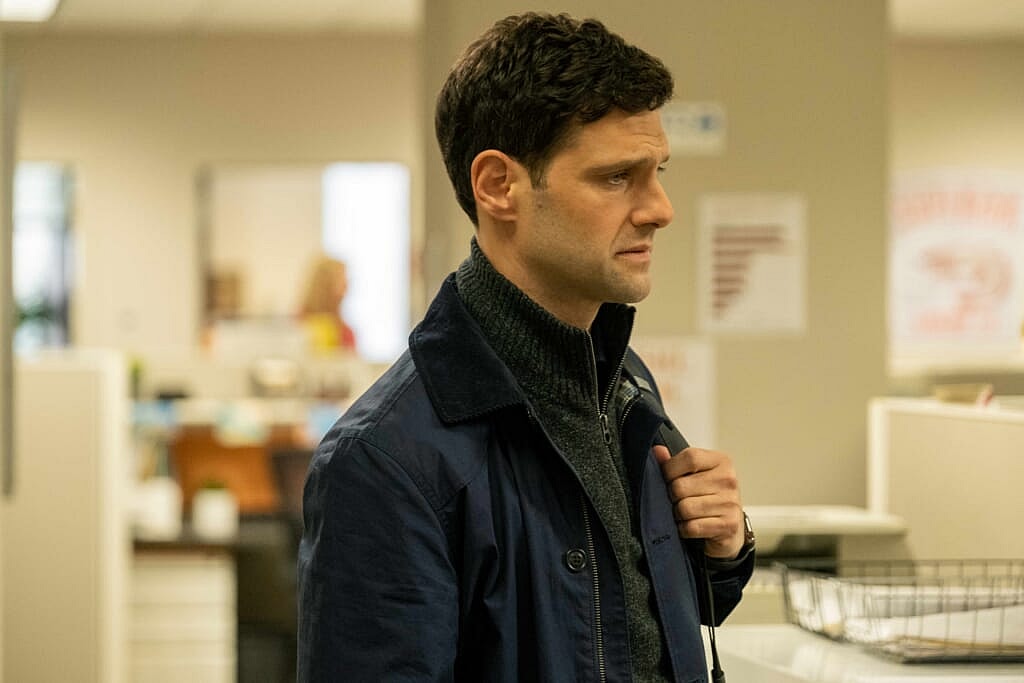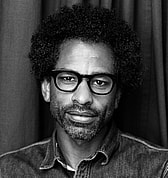Editor’s note: The following article is an op-ed, and the views expressed are the author’s own. Read more opinions on theGrio.
Episode 4, “The Big Payback” is one of the best Atlanta episodes of all time, up there with “Teddy Perkins,” “Barbershop,” and “B.A.N.” Part of the genius of Atlanta is that all four episodes are totally different.
This one is Atlanta’s version of a Black Mirror episode. It brings to life the idea that, sure, no white American alive owned slaves, but even modern white people benefit from the fact that their ancestors owned slaves. Slaveholding set up a multigenerational chain of events that has led to white people owning most of the wealth in America and Black people owning almost none of it. The slave trade is the reason why America became a global economic superpower, and everyone who was in America then benefitted from that economy. They purchased homes, started businesses and worked to build wealth, while 99 percent of Black Americans in those days could do none of those things.
Those lives have an impact on today’s lives. Do modern white people owe modern Black people a debt because of their slaveholding ancestors? What if America’s slavery past woke up, found a voice and screamed at white Americans: You owe Black people money. This episode explores that. It says the bill for being the white relatives of slaveholders has come due. Time to pay.
It’s a more serious version of that Chappelle’s Show episode where they get reparations—that sketch where Donnell Rawlings says, “I’m rich beeatch!” But where Chappelle focused on the Black response, Atlanta in this episode focuses on the white response and white fear over their life changing and their bank account draining.
It’s about being forced to wear T-shirts that say “I Owned Slaves” and having their racial past show up at their job with a bullhorn yelling, “You owe me for slavery!” We see white people nervously checking their ancestry and renouncing their whiteness while Black people are gassing up expensive cars and not showing up to work like they’ve got winning lottery tickets in their pockets. The fact is that most white people would be broke if they were forced to pay a fair amount to make up for their ancestors owning slaves. That would lead to a massive economic and societal upheaval, which is why the episode ends with the camera pulling back to reveal a mostly white team of servers taking care of a room filled with Black diners.

The episode focuses on Marshall Johnson, a white man who, at the start, seems wrapped in a cocoon of white privilege; he barely notices what’s going on in the world around him because whiteness doesn’t demand that he pay attention. In the episode’s first moments, he cannot hear what the Black man ahead of him in line is saying. It’s a symbol for how he doesn’t pay attention to Black people. That will soon change. He accidentally steals something from the coffee shop, but who cares? But then a legal decision makes reparations into a real, living thing, and Marshall’s life changes. Watching him and other white people feel anxiety about having slaveholders in their background is fun. For us. It is extraordinarily cathartic. If only white people truly cared this much about slavery and how they benefitted from it.
The moment that takes the episode from the level of a fun sketch that Chappelle’s Show might have done and into a story that explores the evolving human spirit is the scene in the hotel lobby. Marshall is being pushed out of every aspect of his life by the growing threat of a Black woman, Sheniqua Johnson, demanding millions in reparations. The lobby seems full of white people who are hiding from Black accusers. Marshall falls into a conversation with the man who was in the boat at the beginning of the first episode, “Three Slaps.” (So he’s real? Wasn’t he a dream figure?) The man helps him see that this isn’t just something bad happening to white people. It’s also something necessary for Black people.
“To them,” he says, “slavery is not past. It is not a mystery. It is not an historical curiosity. It is a cruel, unavoidable ghost that haunts them in a way we can’t see.” While he talks, Roberta Flack’s beautiful classic “The First Time Ever I Saw Your Face” plays in the background. Flack is singing a love song, but in this moment, the song underscores Marshall, a typical white man, truly seeing the humanity of Black people for the first time. He wasn’t racist, but he was racially oblivious in his zone of whiteness, and he’s been shaken out.
After that, Marshall goes on Instagram and looks at images of his accuser playing with her family, and he sees her with fresh eyes. Now, he really sees her, stops fighting against her and accepts that he owes her. The next time we see him, he’s working at a restaurant so he can pay her. He’s paying her out of his tiny server’s base pay and not out of his tips, so it will take a very long time to get her paid, but whatever.
In this episode, we’re focused on the white man learning to see Black people, so we’re left with him at the restaurant, resigned to having to pay her. There’s a whole line of people setting up their restitution tax situation, and the system seems to have been streamlined, so you know this is widespread. In the world of Atlanta, an entirely new America is being set up. In our world, white people who never owned slaves owe us because they continue to benefit from the economic and political conditions that centuries of slavery created. It provides them with real benefits to this day and shackles us with real deficits to this day. The notion that they didn’t own slaves is a dodge—white people today benefit from their ancestors having owned slaves. The only way to end the massive racial wealth gap is through some form of reparations.
The description of this episode says, “I was legit scared watching this,” but I was legit thrilled to watch white people running from the advantages of their ancestors having enslaved people, struggling with having to pay reparations and finally dealing with this country’s biggest demon. It’s episodes like this that confirm for me why Atlanta is the best show on TV.

Touré is the host of the podcast “Toure Show” and the podcast docuseries “Who Was Prince?” He is also the author of seven books.
TheGrio is FREE on your TV via Apple TV, Amazon Fire, Roku, and Android TV. Please download theGrio mobile apps today!


